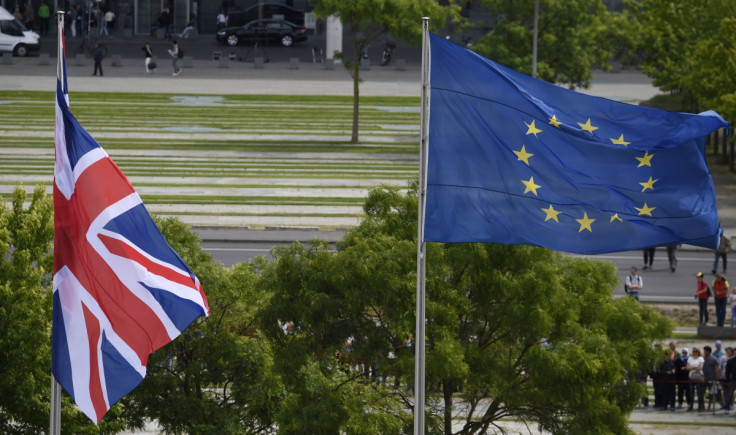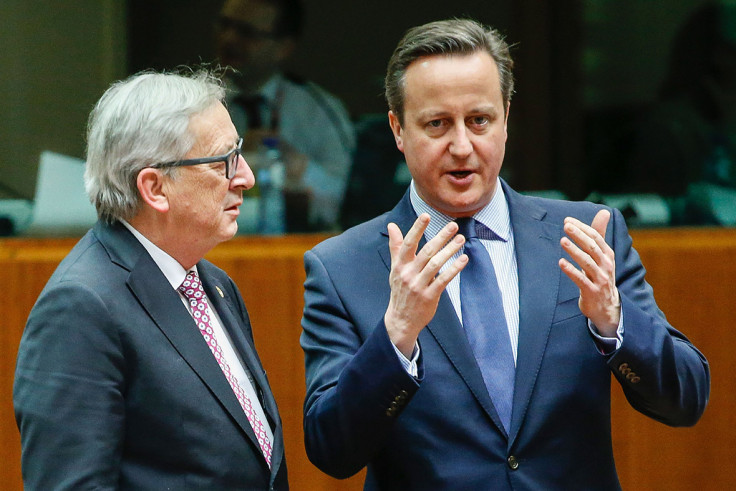EU referendum: From immigration to UK sovereignty – what David Cameron's deal means

Prime minister David Cameron struck a deal on reform of Britain's EU membership last week, which included changes to benefits for EU migrants and protections surrounding the Eurozone. Here is a breakdown of what the deal entails.
Immigration
There are new powers to exclude people deemed a security risk, even if they do not have prior convictions. The deal includes stronger powers to stop criminals coming to the UK and to deport people who commit crime in Britain.
The deal also confirms measures to deny free-movement rights to nationals in non-EU countries who marry an EU national, in an attempt to tackle sham marriages to gain residency.
Migrant benefits
On benefits, anyone coming to the UK from the EU who fails to find work within six months can be required to leave.
Member states will be able to apply an emergency brake where "exceptional" levels of migration are putting pressure on social security systems or public services. Cameron's proposal for a four-year ban on in-work benefits for EU migrants was denied, so the final deal allows benefits to be phased in over a period of four years as the individual contributes to the UK through taxation.
The emergency brake will last for seven years with no option for renewal. This matches the time period other western countries employed to keep eastern Europeans out of their labour markets after the EU expansion of 2004. States who want to apply the brake must put in a request to the European Commission and approval must come from national leaders in the European Council.

Although Cameron wanted to stop migrant workers from claiming benefits for children in other EU countries, but instead secured an agreement to "index" the rate to the child's home country. This is usually a lower rate. Initially, this change will only apply to new immigrants, but it will be applicable to all existing claimants from January 2020.
Eurozone
The deal means countries outside the euro will not be required to fund euro bailouts, such as those paid to Greece. It also means these countries will be reimbursed for central EU funds used to prop up the euro.
Cameron's agreement means the pound is protected as it was agreed there should be more than one currency in the eurozone. It also outlaws discrimination against companies and individuals of their home currency, which Cameron hopes will help British companies trade in Europe.
It also gives any member state the right to escalate concerns about the impact of eurozone decisions for urgent discussion in the European Council.
Sovereignty
Cameron wanted a declaration that the "ever closer union among peoples of Europe" did not apply to the UK. The passage was struck out of the final draft, but the new text confirms the "ever closer union" in EU treaties does not mean the UK is on its way to deeper political integration.
"It is recognised that the United Kingdom... is not committed to further political integration in the European Union... References to ever-closer union do not apply to the United Kingdom."
A "red card" system will be introduced which means national parliaments can require the European Council to reconsider EU legislation if they can muster support equivalent to 55% of the 28-nation bloc.
© Copyright IBTimes 2025. All rights reserved.






















